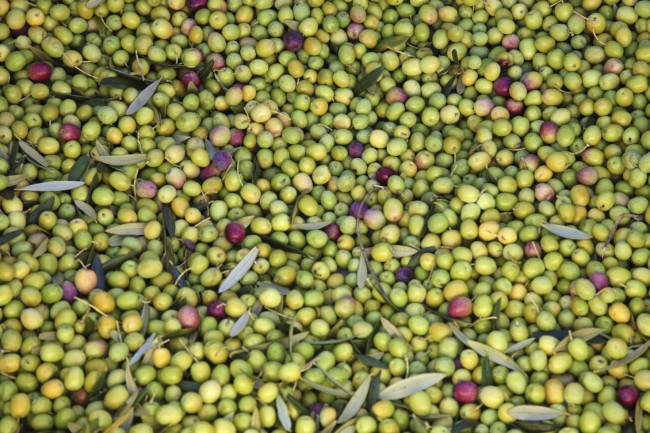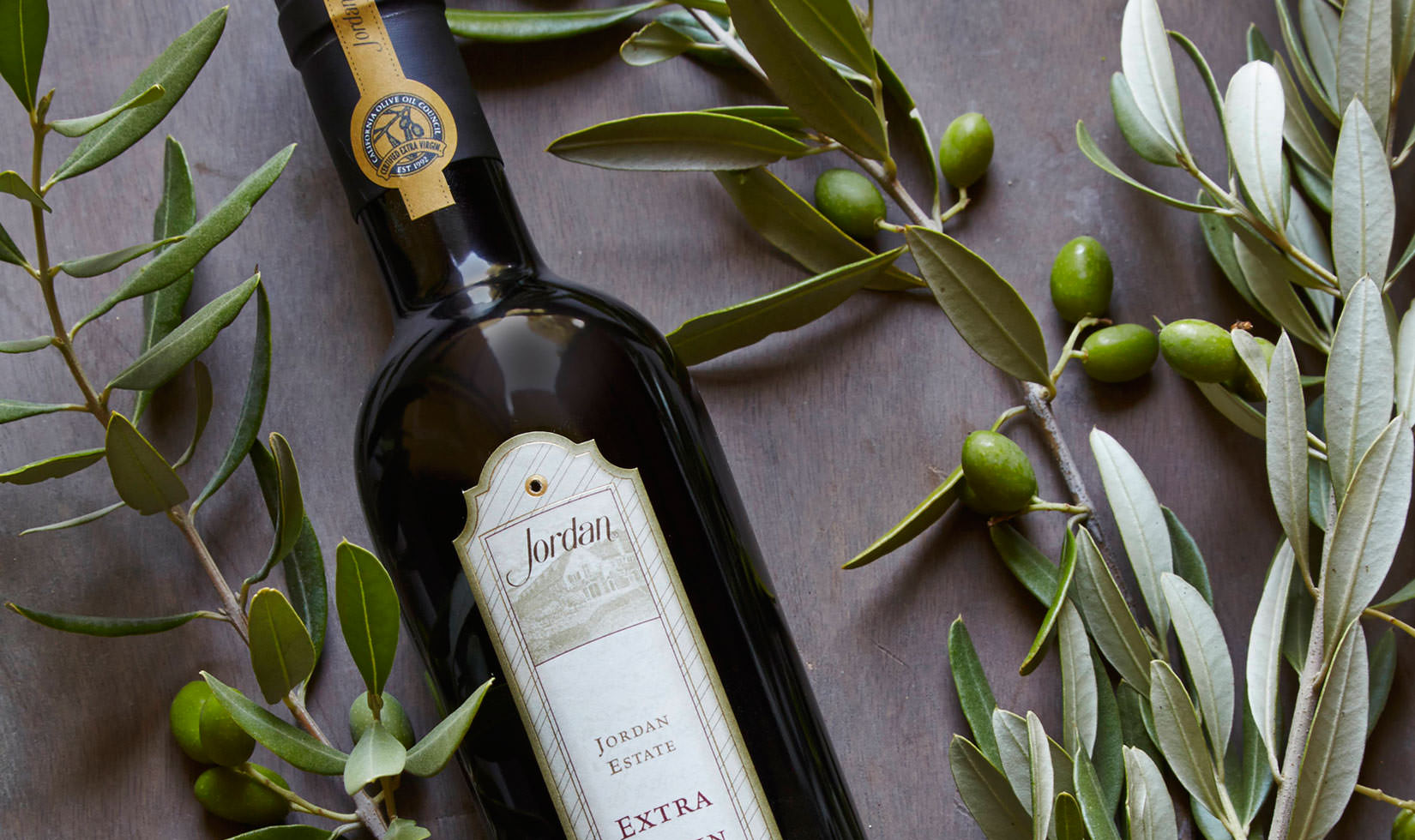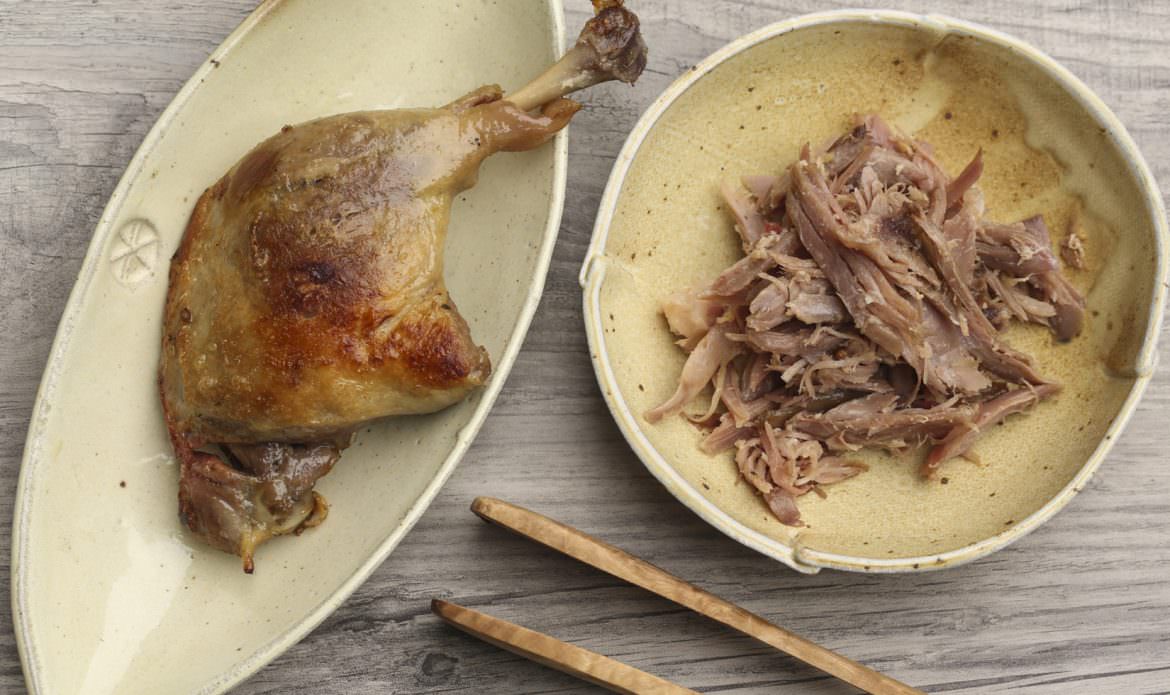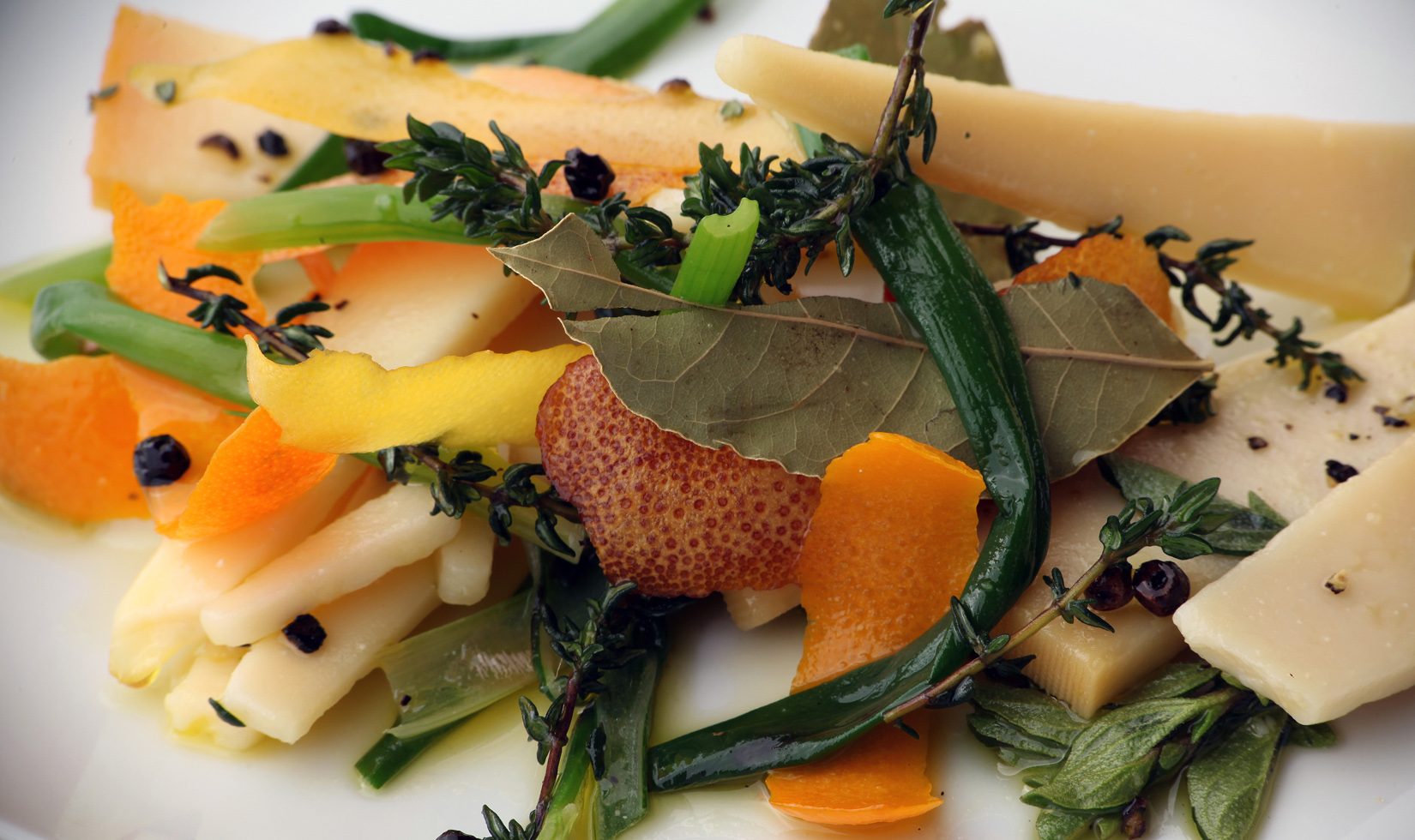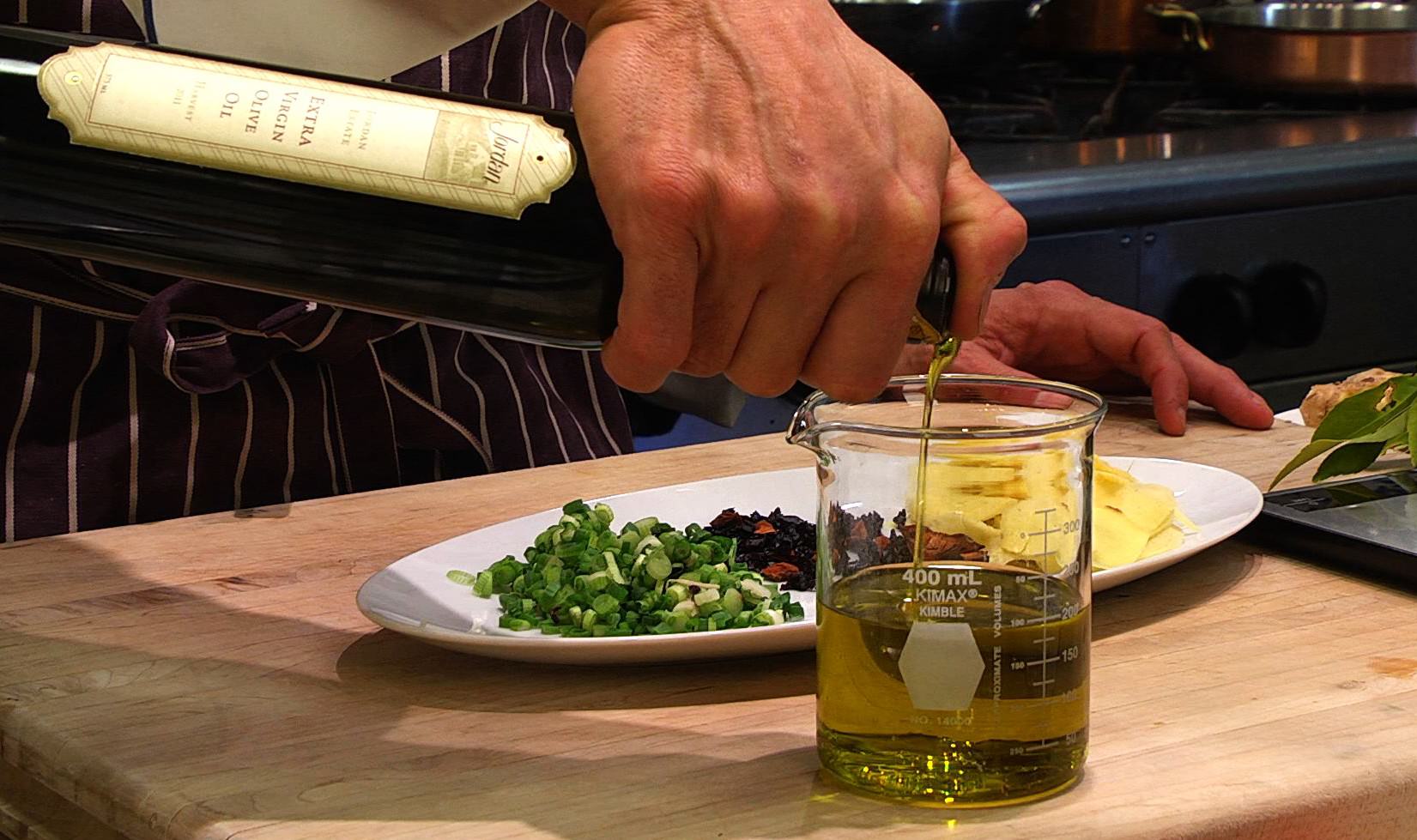I‘m proud to be one of forty “nerds” from around the world who gathered recently at University of California’s Davis campus for an extensive olive oil sensory boot camp. This course was designed to mimic a practicing sensory panel’s methodology, and Jordan Ranch Manager Brent Young and I attended for continuing education purposes, as we are always trying to improve upon the Jordan Estate Extra Virgin Olive Oil program.
We gathered in a laboratory-like classroom and learned how to assess and rank the quality of different olive oils through sight, smell and taste. Along with learning a mountain of information, we scored approximately thirty oils–some good and some BAD–and the group got quite good at identifying the different grades of oils and ranking them consistently with our instructor (standard deviations of less than one). In sensory analysis, olive oil experts are looking for fruit, pungency and bitterness all to be in balance. In countries that adhere to the quality standards of the International Olive Council, like the United States, there are three basic grades of edible olive oil: extra virgin, virgin and refined. How an olive oil gets that grade is what is tricky.
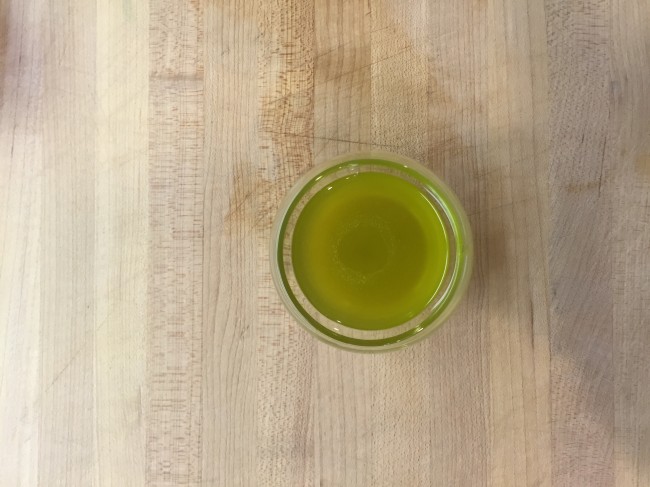
Extra virgin olive oil, the highest quality grade, is an important ranking for many producers. What many consumers don’t realize is that an olive oil may qualify for the EVOO designation, which set by the FDA in our country, based solely on chemical analysis. Many of these FDA-approved oils labeled extra virgin would never pass a sensory panel screening. This is why at Jordan, we have our extra virgin oil olive certified by not only a lab, but also the California Olive Oil Council sensory tasting panel as well. When seeking the best California Extra Virgin Olive Oils, always look for the COOC seal of approval on the package.
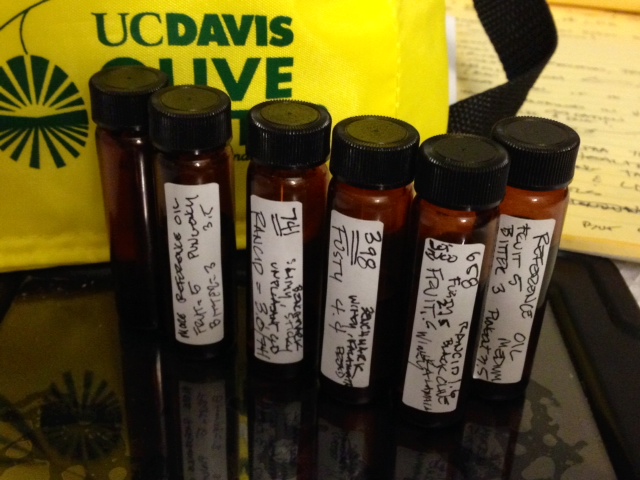
By analyzing other olive oils in a lab environment, we learned that Jordan Estate Extra Virgin Olive Oil is considered a medium-intensity oil, which is my target. I want consumers to experience both the flavor and health benefits of an ultra-premium extra virgin olive oil. The more pungent the oil, the better it is for the body, according to research findings. I’d still like further tame our racy Tuscan olives to bring our EVOO into further balance, and this class proved that the addition of Arbequina olives from Spain in 2006 to the Jordan Estate was the best solution toward that goal. It’s good to find that our theory was correct and have experts validate that everything we are doing at Jordan with our olive oil program is at the highest standard.
Four interesting facts about olive oil:
- It is a myth that extra virgin olive oil has a low smoke point. A study being conducted here shows that in real world culinary conditions, olive oil resists degradation due to its high levels of antioxidant polyphenols. So, I’m starting to reconsider using grape seed or another high smoke point oil in lieu of EVOO when sautéing.
- The more bitter, pungent and fresh an olive oil, the greater the levels of antioxidants in the oil. This is exciting news for us at Jordan, as we mill with six hours of harvest and have always strived to create an olive oil that balances bitterness and pungency. These high polyphenols also mean longer shelf life and increased health benefits.
- Oleocanthal, natural phenolic compound found in extra virgin olive oil, has the same anti-inflammatory properties as ibuprofen.
- Quality olive oil can be refrigerated. A study now being conducted at UC-Davis shows no loss in quality when storing olive oil in refrigeration. So, research would suggest that you should throw a bottle of olive oil in the fridge to keep it fresh if you aren’t going to be using the bottle within a month or so. Many tasting panels refrigerate samples of olive oil when they are overwhelmed with too many samples. (Spain has so many producers they can’t keep up tasting rankings.)
